No Singing Allowed
Written By Jordyn Krauss
The truth can be painful. It can spark anger, sadness, or grief. But deception can cause just as much hurt as honesty, if not more. The impact residential programs have had on teenagers is dangerous, and needs to be brought to light. Within this article, you will be reading about my experience. Please note that every survivor’s experience is different, and that many of the topics brought to life in this article may be upsetting to survivors, allies, or any other person who comes across this piece. If it becomes too much, seek support from those around you and do not feel the need to push yourself through my story. Thank you.
No Singing Allowed
As a kid, it was a struggle for me to connect with my peers. I often felt different and awkward around others. Throughout my childhood and adolescence, I found it difficult to focus in class, to keep my emotional outbursts under control, and to make friends. By the time I was fifteen, my parents had decided that it would be best to send me away from home, to a Wilderness Therapy program, to see if intensive intervention would help me develop and grow. I lived with a couple of other kids in the woods of North Carolina for three months. It was during my time at that program that I was diagnosed with Autism Spectrum Disorder (ASD), which led my parents to choose Maple Lake Academy as my next stop.
In concept, the school sounded incredible. It was advertised as being a nice house on a farm in Utah. I would be living with fifteen other teenagers, all of whom were diagnosed with ASD, or a related DSM condition. Their website reads, “Maple Lake Academy provides the answers and long-term results to adolescents, ages 12-17, struggling with the effects of Autism Spectrum Disorder, Social Communication Disorder, and Verbal/Nonverbal Learning Disorders. With a warm home environment, balancing structure and love, we work closely with our students to teach and practice the critical skills they will need to succeed socially, emotionally and academically. The combination of our expertise and dedication to this work with our families is truly a journey of love in building their family bridge to success.” I felt as though I was finally going to be somewhere I could belong.
Unfortunately, their website description was far from the truth. At Maple Lake Academy (MLA), I had many degrading experiences that were directed toward myself and other members of the program, specifically towards members of the community that struggled in social scenarios. In my case, the staff, therapists, and even other students would frequently and openly call me out as being “socially inappropriate” and “attention seeking” for speaking too loudly, singing in the community, or being “overbearing” towards my peers and towards staff.
While I was there, I felt trapped. I felt that I would never be able to leave unless I completely changed who I was. I was repeatedly asked to change aspects of my personality that make me who I am, like my hyperactivity, my love of reading, and my passion for music and singing. At the insistence of the staff I began to believe that if I could be more obedient, more compliant with the “feedback” I was constantly receiving, I would be able to leave the program sooner.
Many isolation tactics were used on us by the faculty and staff of the program. There was a point early on when the therapists and directors gathered the whole community into one room and told us that we were on “Community Yellow Shutdown.” This meant that they would put us all into our rooms on communication block with staff and with each other. “Communication Block” is a program term meaning that you are not allowed to talk or communicate with others in any way.
The staff removed personal belongings such as books and drawing supplies from our rooms, forcing us to either sit still, or do written therapy assignments day in and day out. We were only allowed to leave our rooms for short periods of time to allow for classes, meals, chores, the bathroom, laundry, or the occasional isolated walk. The students who were on higher statuses in the program got precedence over those who were newer, many of them being released from the shutdown the day-of or shortly after it occurred. I was on a lower status.
I remember sitting by the door of my room every single day begging for my therapist’s attention every time he walked by in the hallway. For the most part he ignored me. I would try to talk to passing staff in moments of desperation when I was feeling lonely or miserable, but being on Communication Block meant that I received little or no response and that my attempts to connect simply meant I would continue to extend my time in isolation.
After days alone, I began to feel my mind wandering to thoughts of suicide. In response to notifying the staff of my suicidal thoughts, they responded that I needed to calm myself down, that after I was regulated, they would come and speak with me.
As a neurodiverse fifteen year old who had been forced into isolation for weeks, it felt like a monumental task to calm myself down in order to receive crumbs of human interaction. At the point of contemplating suicide, even my therapist continued to ignore me. I felt like I was worthless and that my mental struggles didn’t matter to the faculty and staff of the school or to the community at large.
Having already spent time in the program, I knew I had to do my best to calm myself down as there would be no one who would help, I was on my own. I took a few deep breaths and spent a moment trying to talk myself down, and finally was able to speak slowly and calmly. I again requested support–but instead of coming into my room to work with me as promised, staff remained outside the room and simply told me to continue working on my written “therapy assignment.” No additional support or guidance from the staff was ever taken in response to my mental health crisis.
Later on in my stay at MLA, after I was finally off the communication shutdown, I was put on what the program called “interventions.” This was the program’s way of keeping students from behaving in a way that the directors and therapists found “problematic.” Because I sang “too much,” they forced me to keep from singing within the community, constantly prompting me or even punishing me if I was caught quietly singing to myself in common spaces. At one point, I was put back onto Communication Block for two months. This meant that I was forbidden to talk to anyone in the community, including staff.
It comes back to the “social skills” aspect of my time there. Their justification for placing me on Communication Block was that they felt I would benefit from silently observing the social interactions between my peers in the community. Instead of celebrating my differences, there was a constant repression of my self expression within the program I attended. Communication Block pushed me into a depression that was very difficult to move through, even after I was finally taken off of it.
After enduring nearly two years of this treatment, I left Maple Lake in July of 2020. Finally released from the program, I thought that I was all better and that all my social problems had been solved, but I came to realize that nothing had really changed. Many of my problems felt worse. I would constantly apologize to people. I felt as though I was being too intense, overbearing, or socially inappropriate, even if I wasn’t.
I tried making new friends, and reconnecting with old ones but was unable to keep from using self-deprecating language in conversations. My relationship with my parents was still in shambles, despite family therapy.
I thought that I was to blame for things getting worse or that it was my autism or anxiety. Maybe it was autism that was holding me back from making friends all my life. Maybe it was the anxiety causing my “attention seeking” or “overbearing” behavior.
Eventually I realized that before Maple Lake I was socially awkward, but I still talked to people with confidence all the time. Prior to the program, I hadn’t felt the need to constantly apologize for being who I was.
Maple Lake made things much worse for me. The faculty and staff constantly berated me, spent hours pointing out all of my social differences, and asked me to silently observe the interactions of others for months without being allowed to interact with them myself. Maple Lake constantly emphasized my differences from other students as negative and made me feel unworthy of any sort of love or connection.
It’s not my autism or anxiety that’s holding me back, it’s the complete loss of my self-esteem. The self-esteem they took away from me.
Maple Lake presents the façade of helping neurodiverse individuals, but as someone who lived in that residential treatment program for two years, that was far from my experience. Maple Lake saw me as a problem that needed fixing. I am not the problem. To this day, I still feel as though Maple Lake has power over me. I can still hear their voices in my head, and that’s one of the scariest parts of my life.


